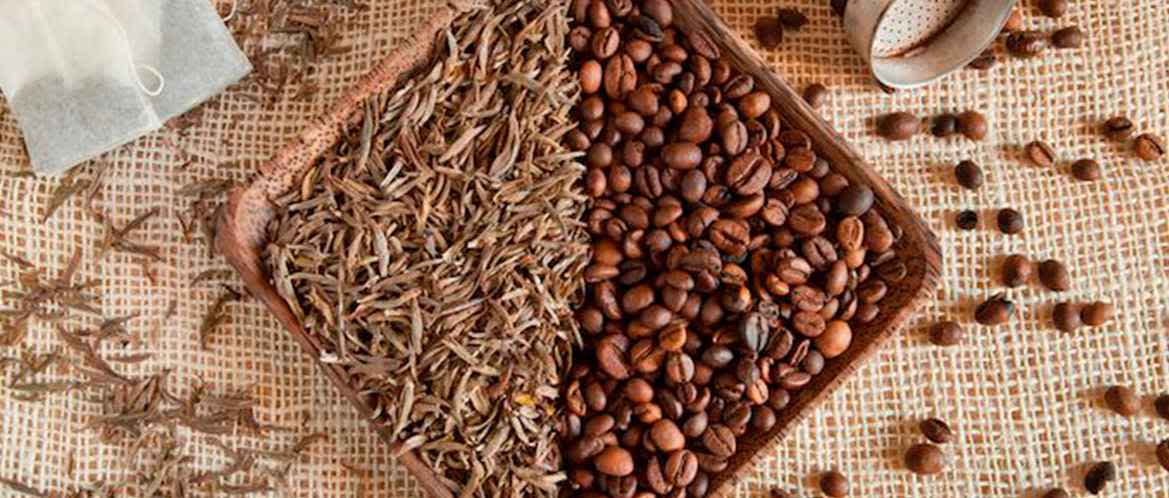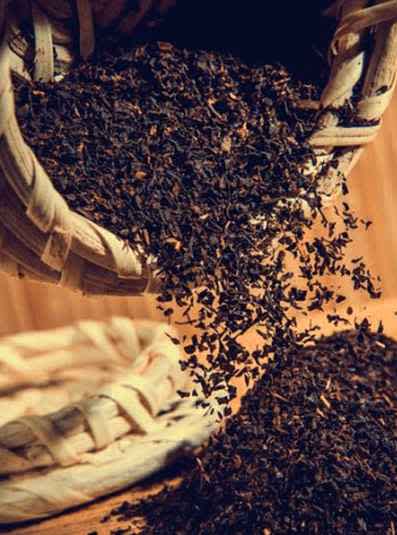Canadians enjoy caffeinated beverages. However, experts recommend limiting daily caffeine consumption to 300 mg per day for women of childbearing age and 400 mg per day for other adults1. Many of us are concerned about the amount of caffeine that we consume on a daily basis, so when managing your caffeine intake, it’s important to know how much caffeine each food or drink contains.
Caffeine in Moderation

Caffeine in Moderation

COFFEE VS. TEA…WHAT’S THE DIFFERENCE?
Both coffee and tea naturally contain caffeine, but differ significantly in the amount. With 145 mg of caffeine per 1 cup (250 ml), the average cup of brewed coffee contains almost three times the caffeine as the average cup of black or green tea.

BUT ISN’T CAFFEINE A DIURETIC?
Tea is a natural source of caffeine and it is commonly believed that the presence of caffeine is responsible for a diuretic effect. The scientific evidence does not support this belief. The amount of caffeine found in the average cup of tea (50 mg per 250 ml/ 1 cup serving), has little or no diuretic effect (2-4).
Since each cup of tea provides about 50 mg of caffeine, most adults can enjoy up to eight cups of tea a day and still stay within the recommended intake of less than 400 mg of caffeine per day.
If you prefer to consume caffeine-free beverages, many decaffeinated teas are available.
Health Canada https://www.hc-sc.gc.ca/hl-vs/iyh-vsv/food-aliment/caffeine-eng.php
Gardner EJ, Ruxton, CHS, Leeds, AR. Review. Black tea – helpful or harmful? A review of the evidence. Eur J Clin Nutr. 2007; 61:3-18.
Popkin BM, Armstrong LE, Bray GM, Caballero B, Frei B, Willett WC. A new proposed guidance system for beverage consumption in the United States. Am J Clin Nutr. 2006;83:529-542.
Maughan RJ, Griffin J. Caffeine ingestion and fluid balance: a review. Journal of Human Nutrition and Dietetics. 2003;16:411-420.
